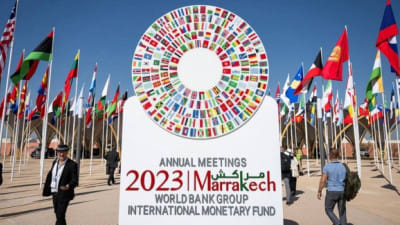
Joseph E Stiglitz
Joseph E Stiglitz, a former chief economist of the World Bank and former chair of the US President’s Council of Economic Advisers, is university professor at Columbia University, a Nobel laureate in economics, and the author, most recently, of 'The Road to Freedom: Economics and the Good Society.'

















